Herbs play a vital role in health problems because of their culinary and medical benefits. You are lucky enough to grow your little herb garden if you have a garden balcony. Herbs are delicious and are not only beneficial for your health but your kitty’s health too! There are several herbs that cats adore, and you can use particular herbs for treating specific ailments if your cat has any.
As a pet parent, you will be surprised to know many herbs are safe for your cat. You might even want to grow a few of these herbs in your little cat’s garden. If you are wondering which plant is safe for your cat and which one is not, then our expert guide will help you!
5 Herbs That Are Safe for Cats
Before feeding your cat any fresh herbs, it would be best to ask your veterinarian to ensure which one is suitable for your cat’s diet and health. However, some herbs are toxic and may cause digestive problems and upset stomach when consumed by cats. If your cat tries to consume a new plant, then observe her health, keep your garden supplies and plants secured and locked up. Chemical fertilizers are more toxic and hazardous for your furry cat than herbs.
Following are the herbs that are safe for cats and can treat many ailments:
1. Catnip
Catnip is the king of herbs. Catnip is popular in the cat’s world, and these herbs make them happy without any good reason. Cats like to have it for relieving nervousness and stress. In short, it’s like a cocktail for cats after work. If your cat has a habit of unnecessary scratching and has itchiness, then use catnip as a tea bath for soothing your kitty’s skin.
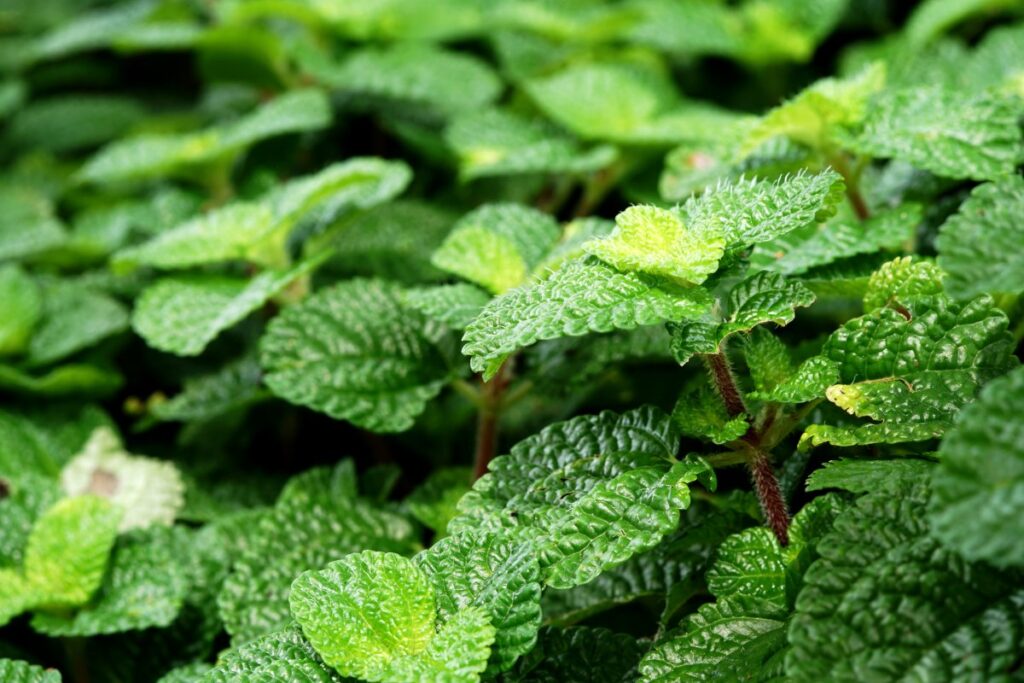
2. Cat Thyme
When cats rub their fluffy body against a piece of cat thyme, they start drooling and purring because of experiencing a little burst of euphoria. No matter whether you buy this plant to grow it in your garden, its potent aroma will leave you a surprise. Cats love the smell of this plant, but usually, owners keep it outside to prevent the lingering smell inside the house. Cat thyme is safe for cats as it has a soothing effect rather than a euphoric one.
3. Valerian
Few people know this lesser-known herb. It is an alternative to silver vine and catnip and acts as a stimulant on cats. This is a sort of pungent herb that can transform the laziness of cats into activeness. If you have an indoor cat, this herb is best for her. In addition, humans use this herb for relaxation.
4. Dandelion Root
Dandelion root is the safest herb for cats as it is full of nutrients such as Vitamin A, Vitamin B, and Vitamin D. Cats like to eat it but ensure that she doesn’t consume too much. While dandelion is rich in nutrition, consuming this plant material causes diarrhea and stomach problems.
5. Goldenseal
Goldenseal is useful for cats as it acts as a natural disinfectant on wounds. It contains antibacterial properties and if your cat’s eyes have swollen due to allergies and infection, then use it in conjunction with saline as it will help shrink the eye problem.
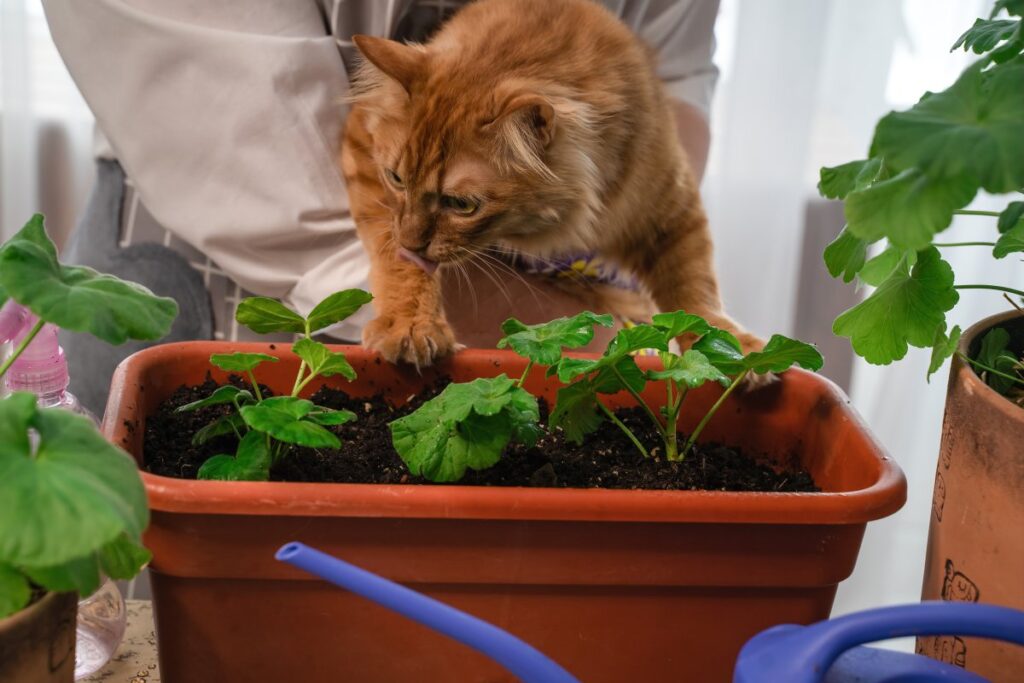
4 Herbs That Cats Should Avoid
While you are aware of the beneficial herbs, some toxic herbs should not be added randomly to your cat’s food without the vet’s approval. Consuming too much spice causes discomfort, and some cats have an adverse reaction to allergy due to non-toxic herbs. If your cats like to roam freely outside in your garden, then avoid following herbs.
1. Marijuana
The popular saying of Bob Marley’s that herbs are the healing of a nation doesn’t apply to cats. Marijuana is hazardous for both cats and dogs. Ingestion of marijuana in the form of edibles, tinctures, etc., may result in various symptoms of poison such as vomiting, prolonged depression, sleepiness, incoordination, dilated pupils, hypersalivation, low body temperature, low blood pressure, coma, seizure, and rarely death.
2. Garlic and Chives
Garlic and chives are the most dangerous for your cat’s health. All allium family members are toxic to felines such as leeks, scallions, onions, and shallots. Even a little consumption can cause harm to the red blood cells of your cat, leading to anemia and even death.
3. St. John’s Wort
If you have a St. John’s Wort plant in your garden, then avoid taking and allowing your cat to roam freely there to prevent its consumption. If your cat ingests enough of this herb, she is more likely to have photosensitization, exudative dermatitis, and ulcerative.
4. Chamomile
While many sites of chamomile in the herbs column are safe there, they are also dangerous generally because some chamomile types are poisonous for cats. German chamomile is considered safe in cats, but English/Roman/Garden/True chamomile causes vomiting, dermatitis, anorexia, diarrhea, and allergies.
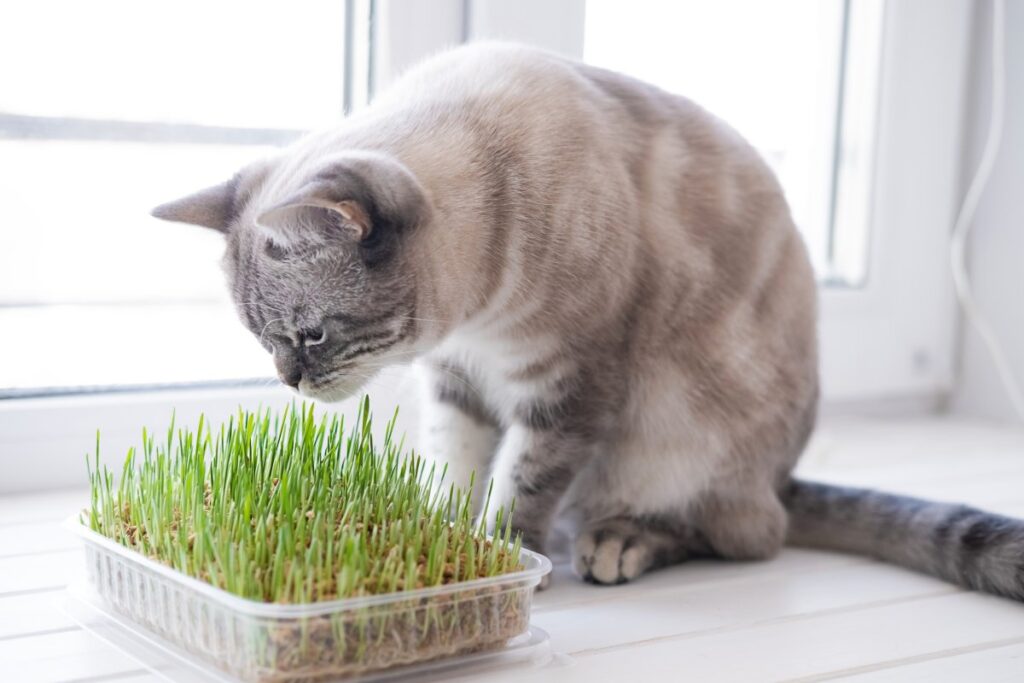
Some Other Herbal Irritants
There are also some other herbal irritants that you need to avoid growing in your garden as they cause diarrhea, vomiting, and other stomach problems in your cat.
- Mint
- Lemongrass
- Tarragon
- Oregano
Final Thoughts
Some cats happily chew on your herbs and plants, and fortunately, many herbs are safe for your feline companion. Although we have mentioned a list of toxic and non-toxic plants, you should still not introduce a new plant to your cat until you’ve confirmed its safety with a veterinarian.
Even a safe herb can make your pet more vulnerable to its side effects if it has an allergy or a medical condition. Many herbs seem alarming and hazardous to your feline, but with the right guide and help from this article, you can keep your feline companion safe and continue to benefit from using fresh ingredients.

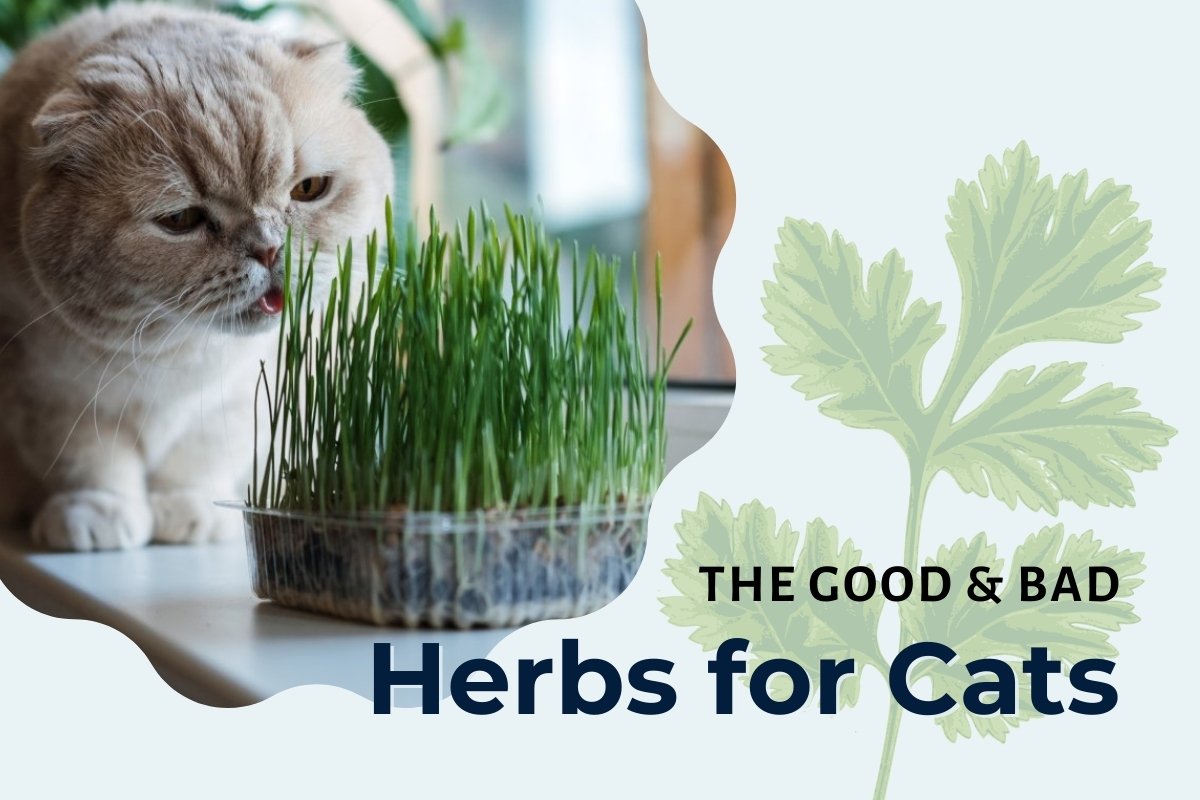
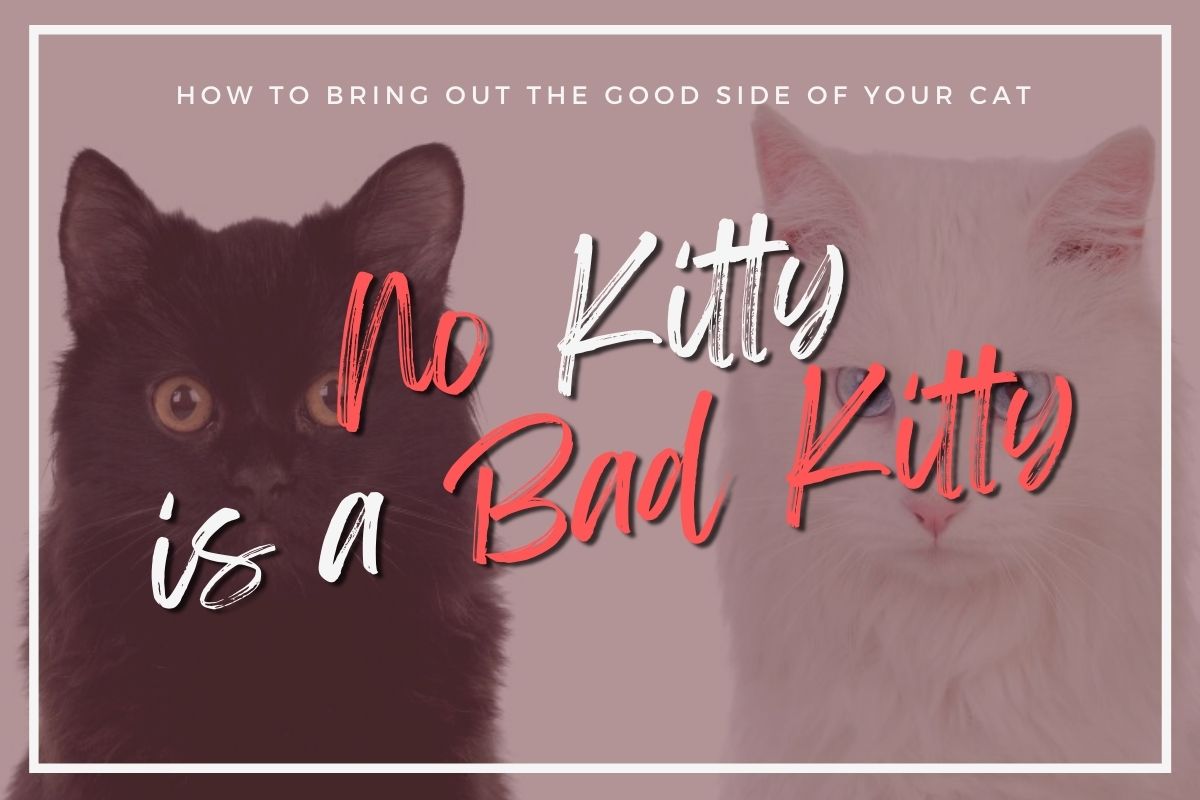
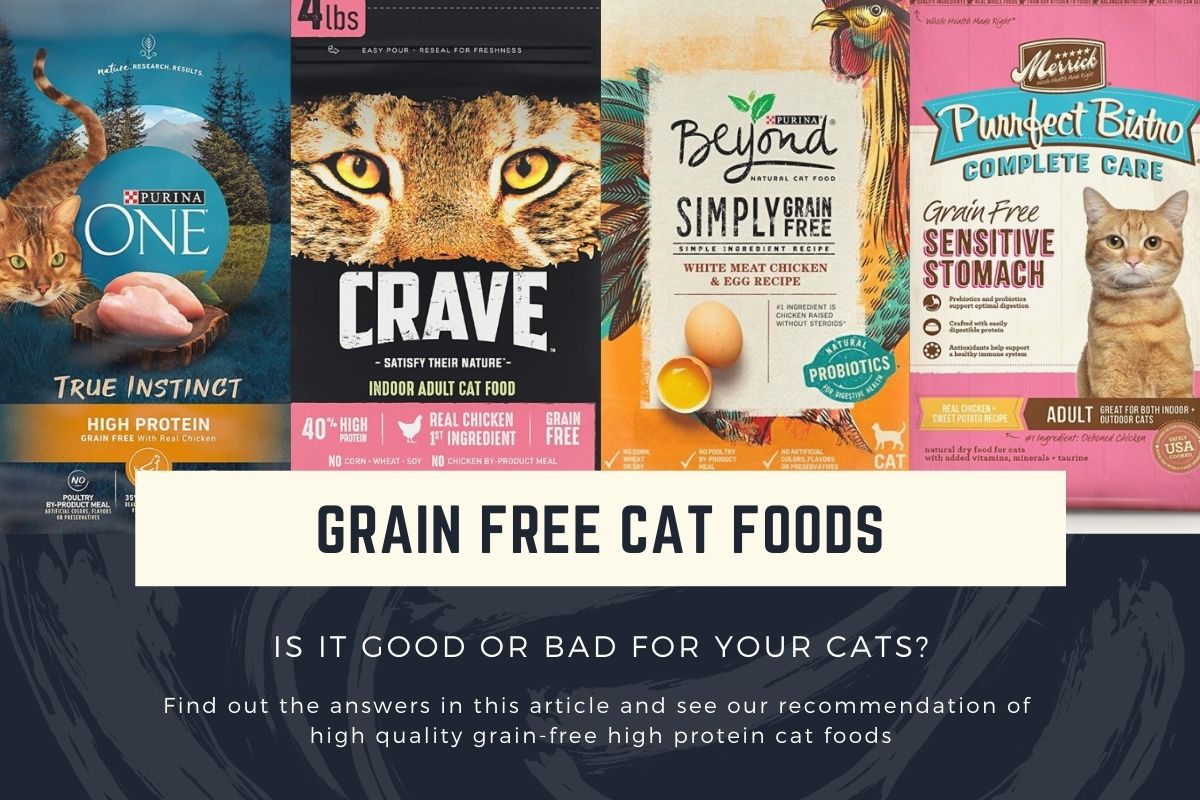
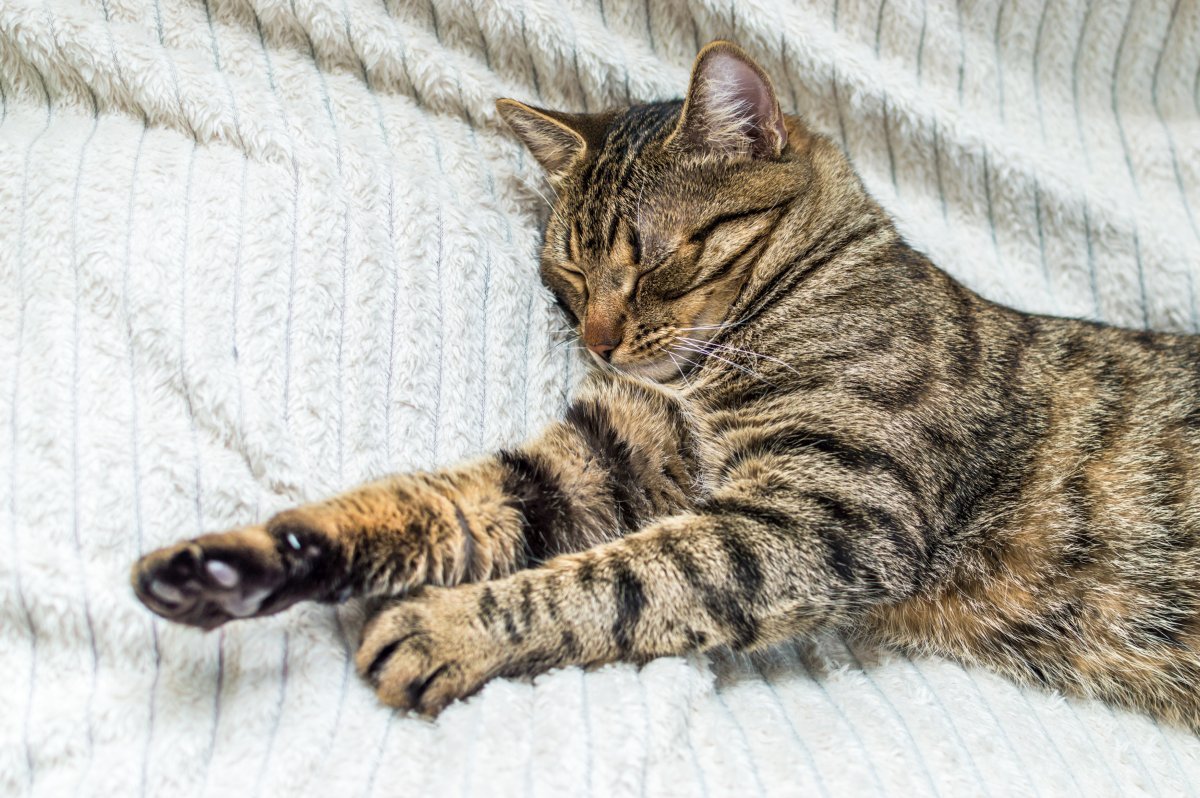
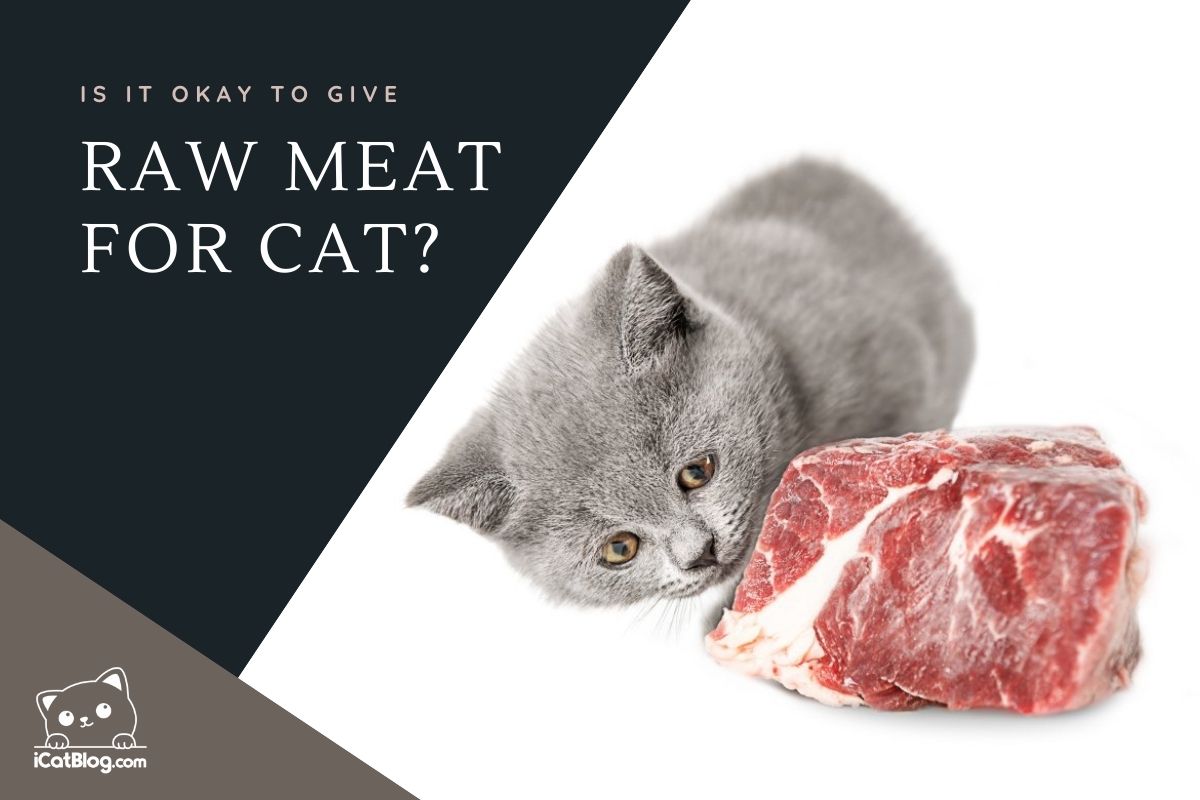
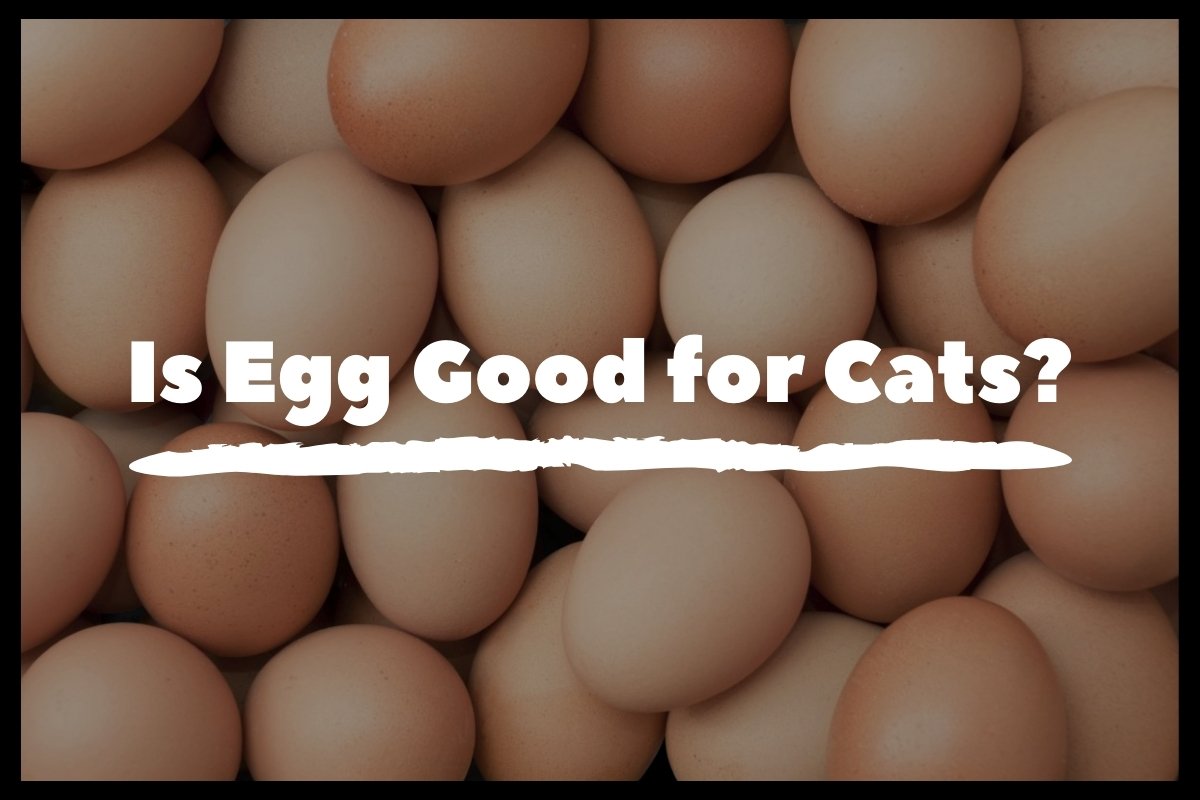
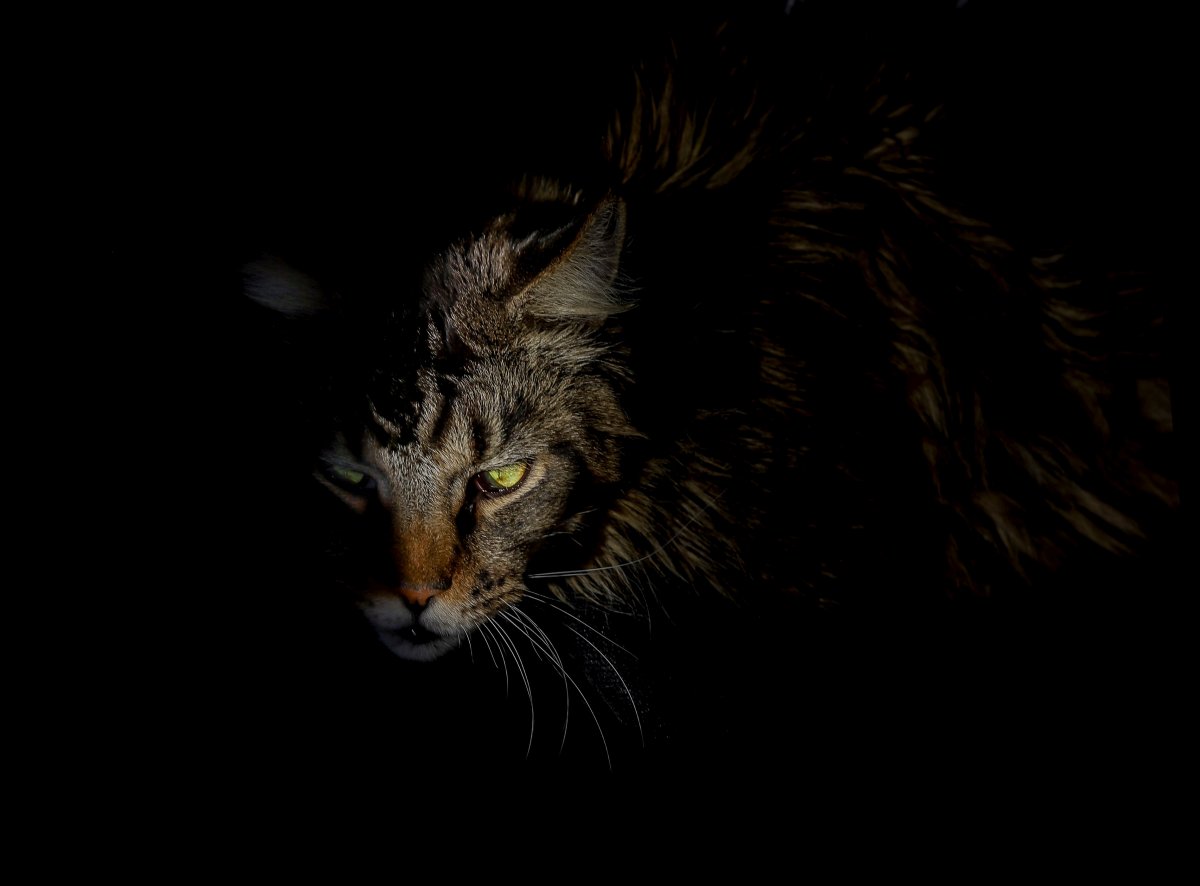
1 comment